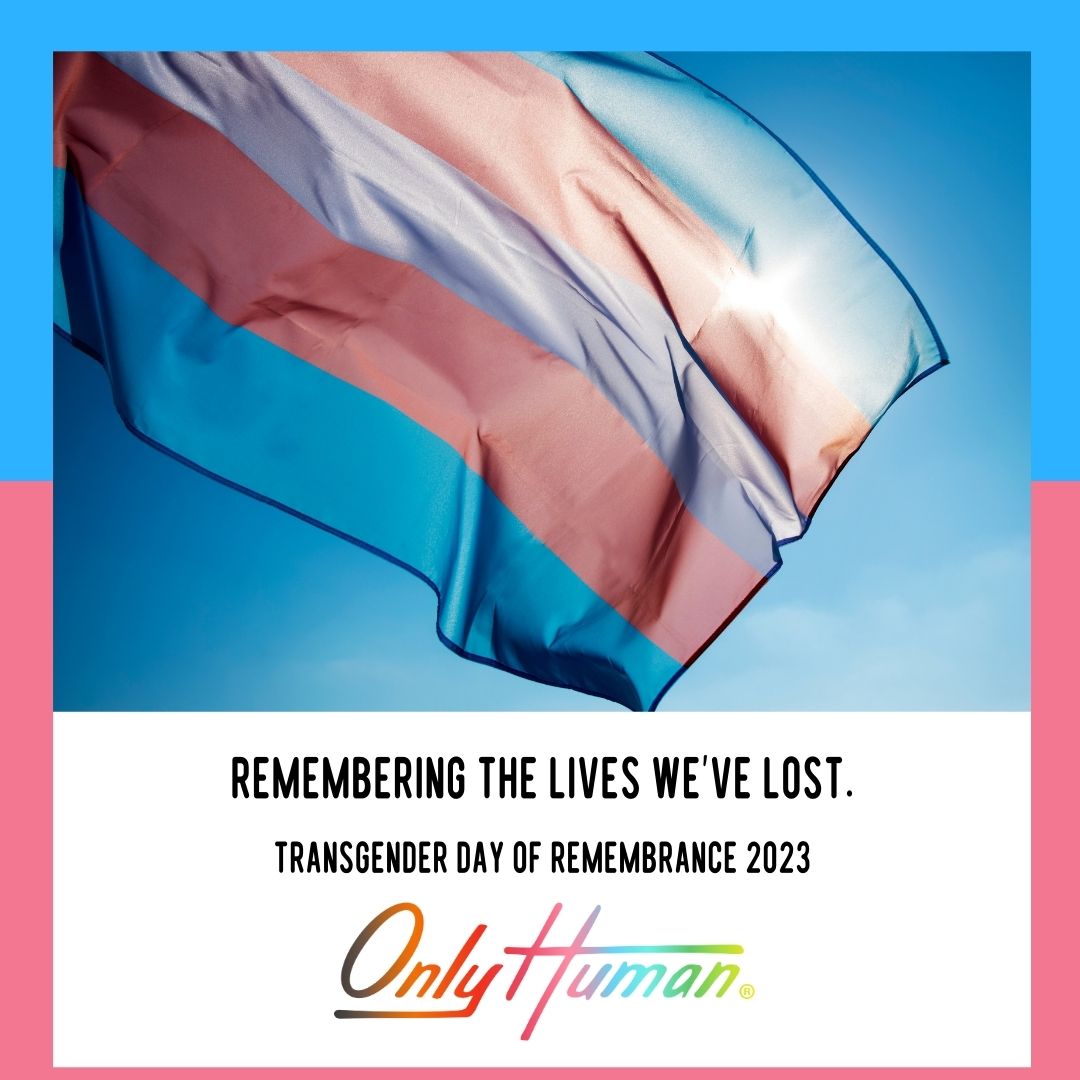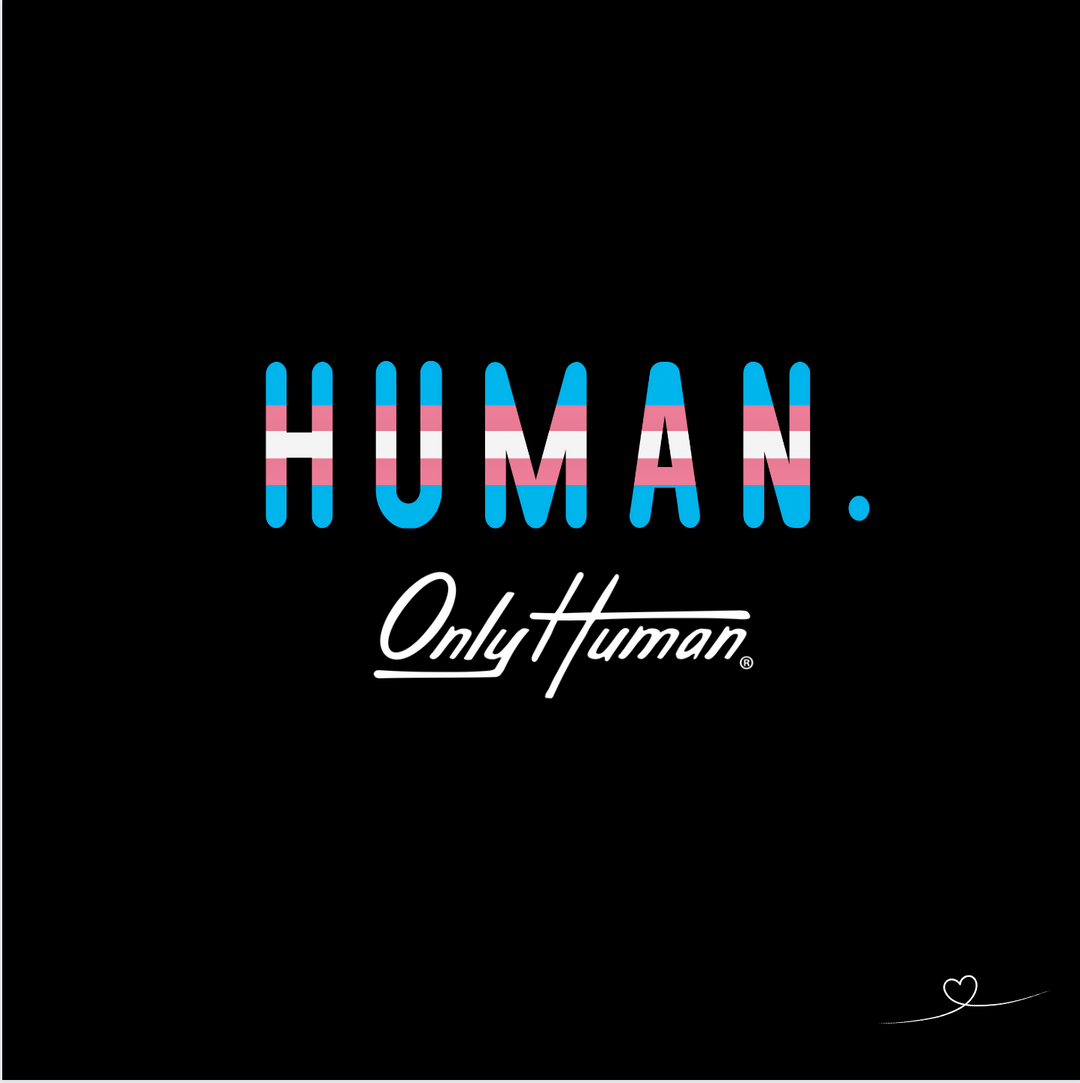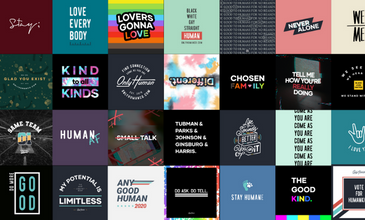LGBTQ+ ·
You’re Telling Me Pronouns Matter?!

Pronouns are such a small piece of language, yet we use them constantly through verbal and written communication. Using the correct pronouns for a human is one of the easiest ways to show that you’re a safe space, give respect, and help to affirm them and their identity.
But what if you don’t know their pronouns? Sometimes the simple act of sharing your own pronouns creates a space for people to share their pronouns with you. Other times, it might be appropriate to ask what pronouns they use. Some people may even use no-nouns as their pronouns, meaning they would like for you to use their name only and leave pronouns out altogether.
One important thing to remember is that pronouns are not a preference, they are an inherent and personal facet of our own identity. Much like the name we use, our pronouns are an important part of us for other humans to understand. There are a lot of pronouns out there, so make sure to check out our blog here to learn more about them.
How do you feel when someone calls you the wrong name or says it incorrectly? Most likely, it’s a little uncomfortable and awkward, or it makes you feel bad. Think about if this was happening to you all the time with someone calling you she/her when your pronouns are they/them, he/him or xe/xir.
Now, I told you above that pronouns are not a preference, so we shouldn’t use the phrase “what pronouns do you prefer?” BUT there is actually a preference within pronoun order. The order of pronouns do matter! For example, if I introduced myself by saying, “Hi, I’m Shep and I use she/they pronouns,” my preference would be for you to use she/her pronouns first, but I am also ok with you using they/them pronouns when you refer to me. Let’s say we’re talking to Bree though. Bree might say, “Hey, I’m Bree, and use they/she pronouns.” Bree would prefer you to refer to them using they/them pronouns, but if you used she/her pronouns that’s ok too! Key point: the order the pronouns are listed when using multiple pronouns is that humans preference!
It’s important to be mindful of these things because calling someone by the wrong name or misgendering them by using incorrect pronouns can feel disrespectful, harmful and even unsafe. Below are some tips and extra resources for you to learn more about pronouns!
TIPS
- Practice, practice, practice! Use gender-neutral pronouns such as “they” and “ze” while visualizing the person who uses them. This is especially useful to do right before you’re about to see the person.
- Keep mass communication gender-neutral.
- When addressing groups of people or people whose pronouns you haven’t been told, use gender-neutral language such as, “everyone,”, “friends,” “folks,” “all,” or “y’all,” rather than “brothers and sisters,” or “guys,” “ladies,” “ma’am,” or “sir.”
- Use descriptive language if you do not know a person’s gender, pronouns, or name. e.g. Can you give this paper to the person across the room with the white t-shirt and short brown hair?
- Include your pronouns whenever possible and if you feel comfortable doing so.
Additional Resources
- https://www.mypronouns.org/
- https://outandequal.org/wp-content/uploads/2020/05/Pronouns-Guide.pdf
- https://www.sutori.com/en/story/pronouns-why-do-they-matter--z4tezeXC2EGCtecfeD14DnXi
- https://www.glsen.org/sites/default/files/2020-03/GLSEN_PronounsResource_2020_Final.pdf
- https://www.washingtonpost.com/world/2019/12/15/guide-how-gender-neutral-language-is-developing-around-world/
- https://www.mypronouns.org/inclusivelanguage
Videos:
Trans students talk about why pronouns are important: https://www.youtube.com/watch?v=9iKHjl5xAaA
Why Respecting Pronouns Is So Important:









